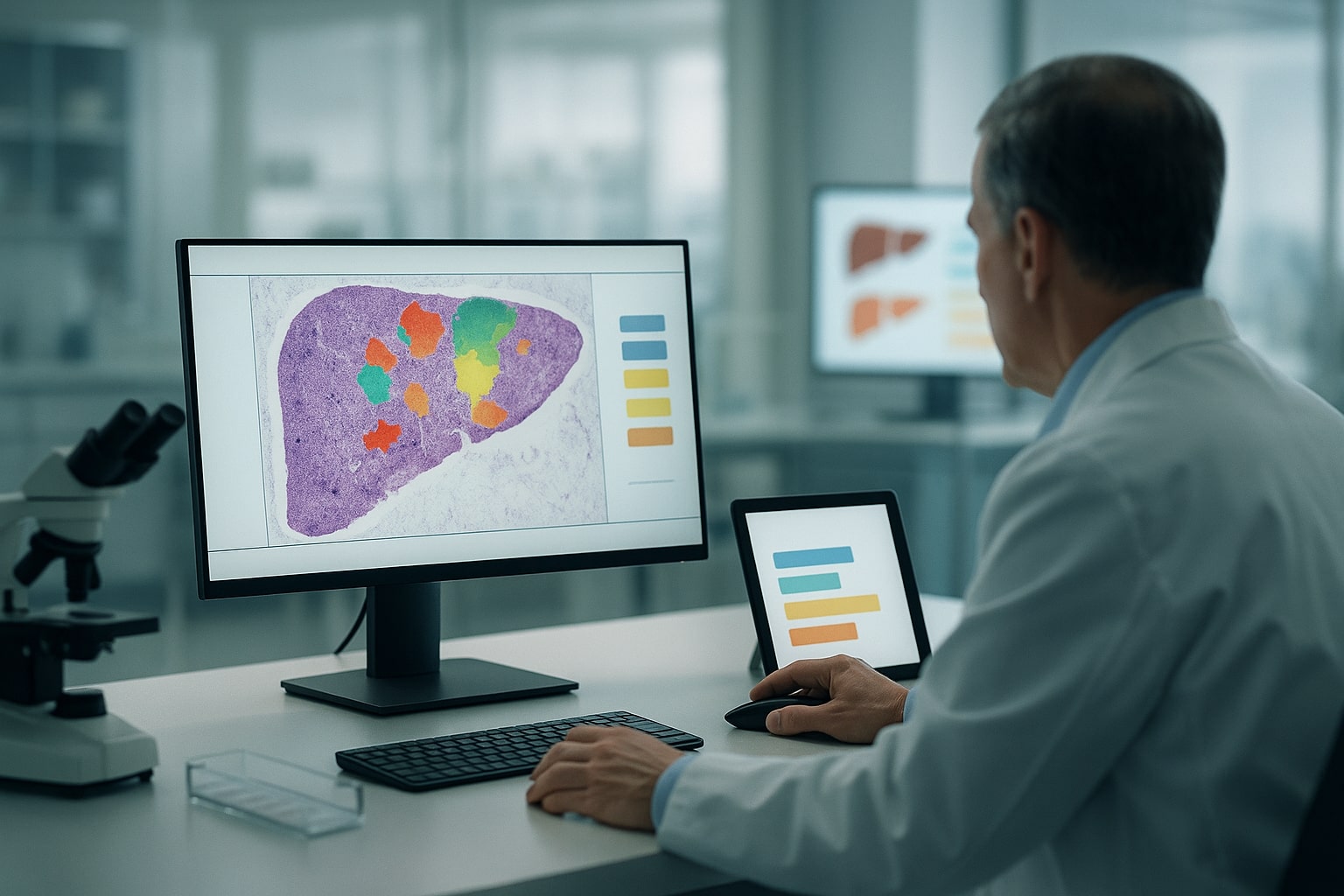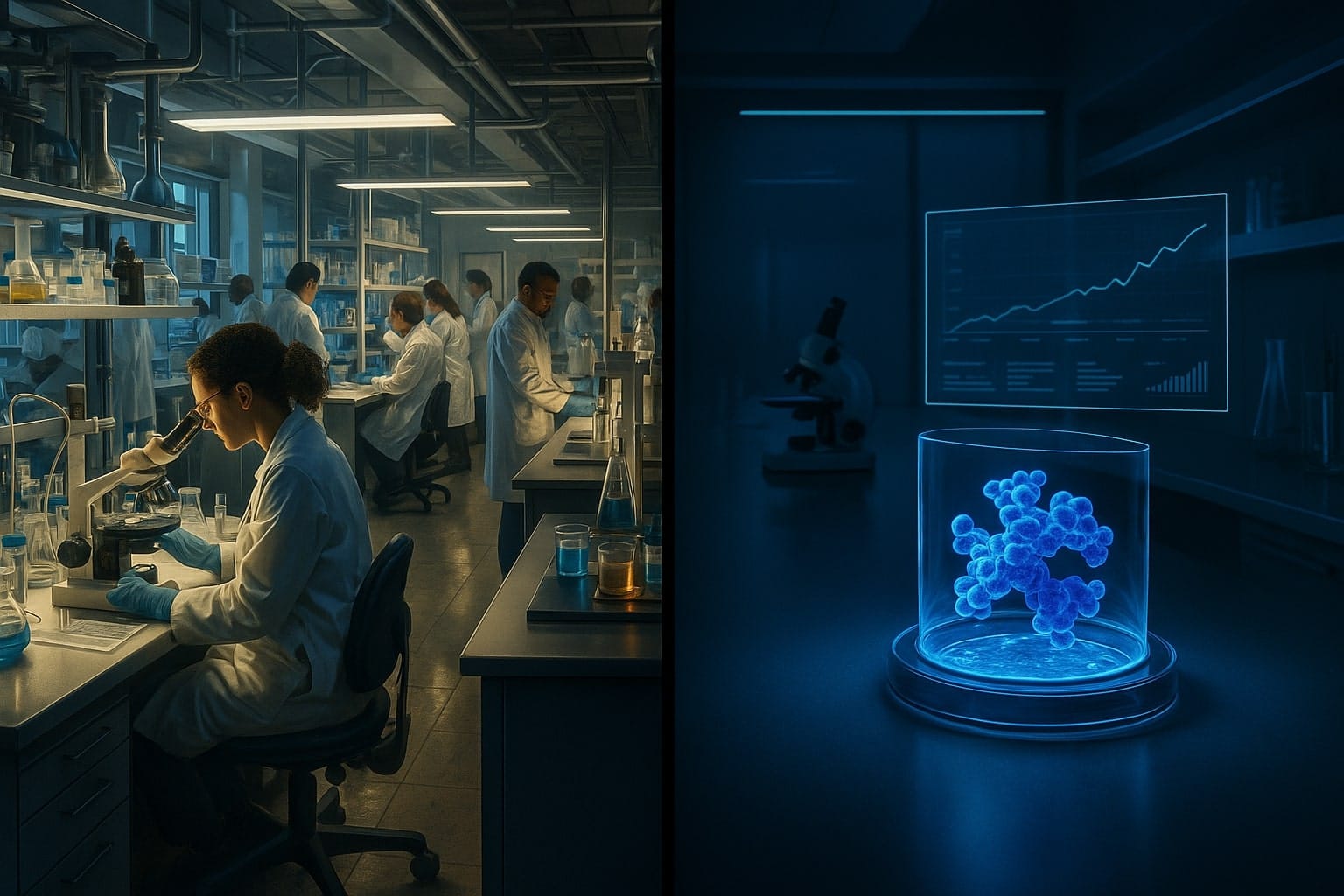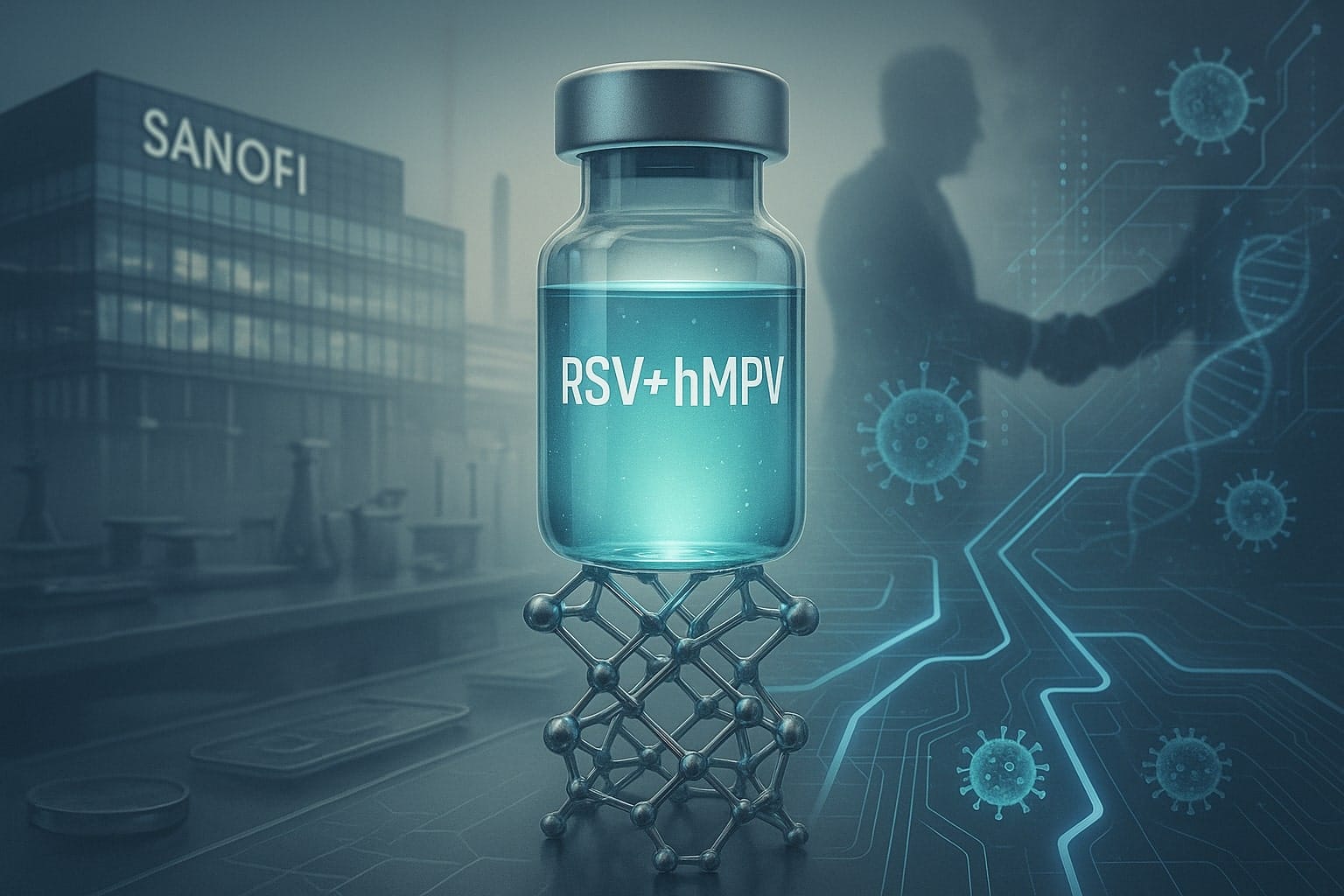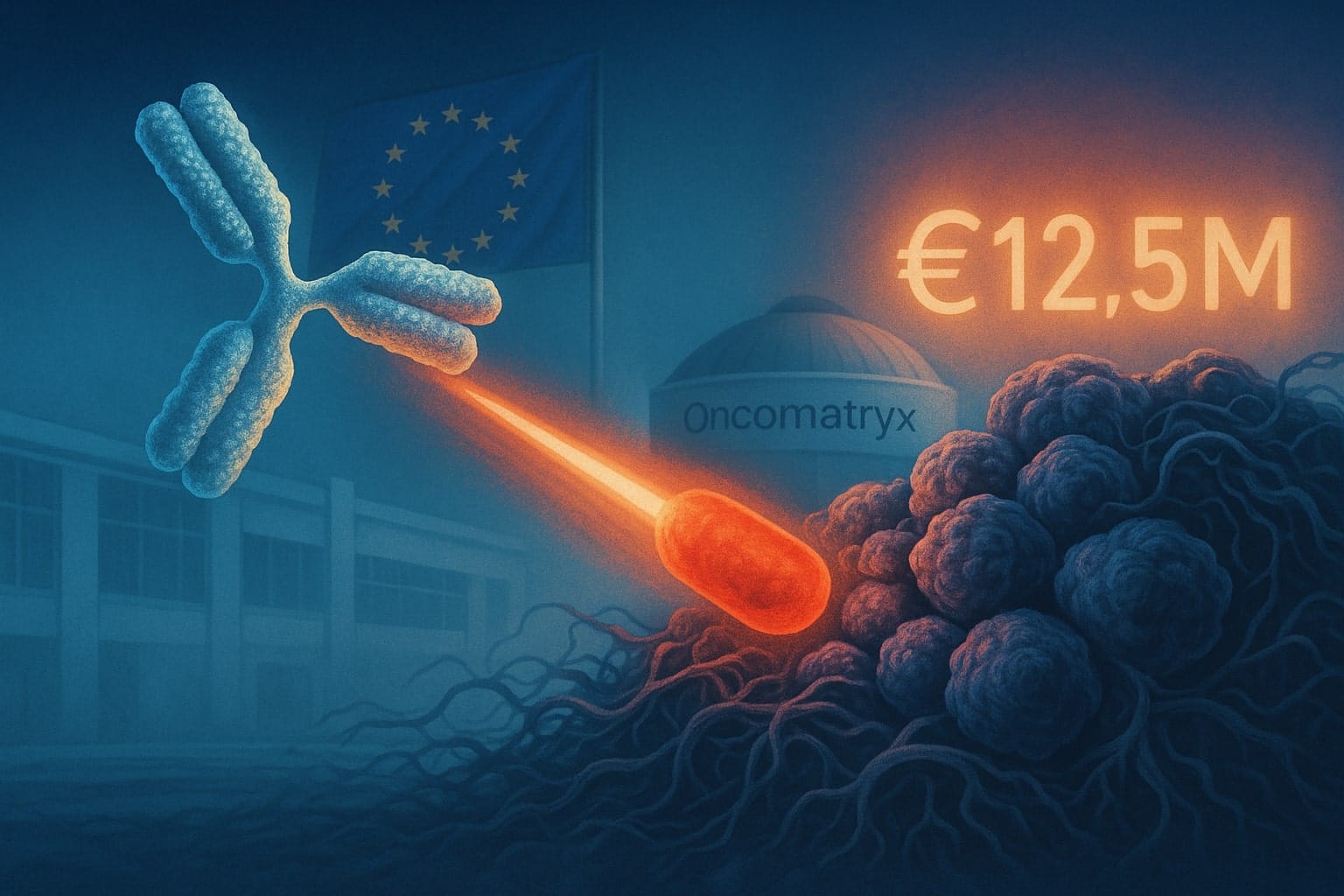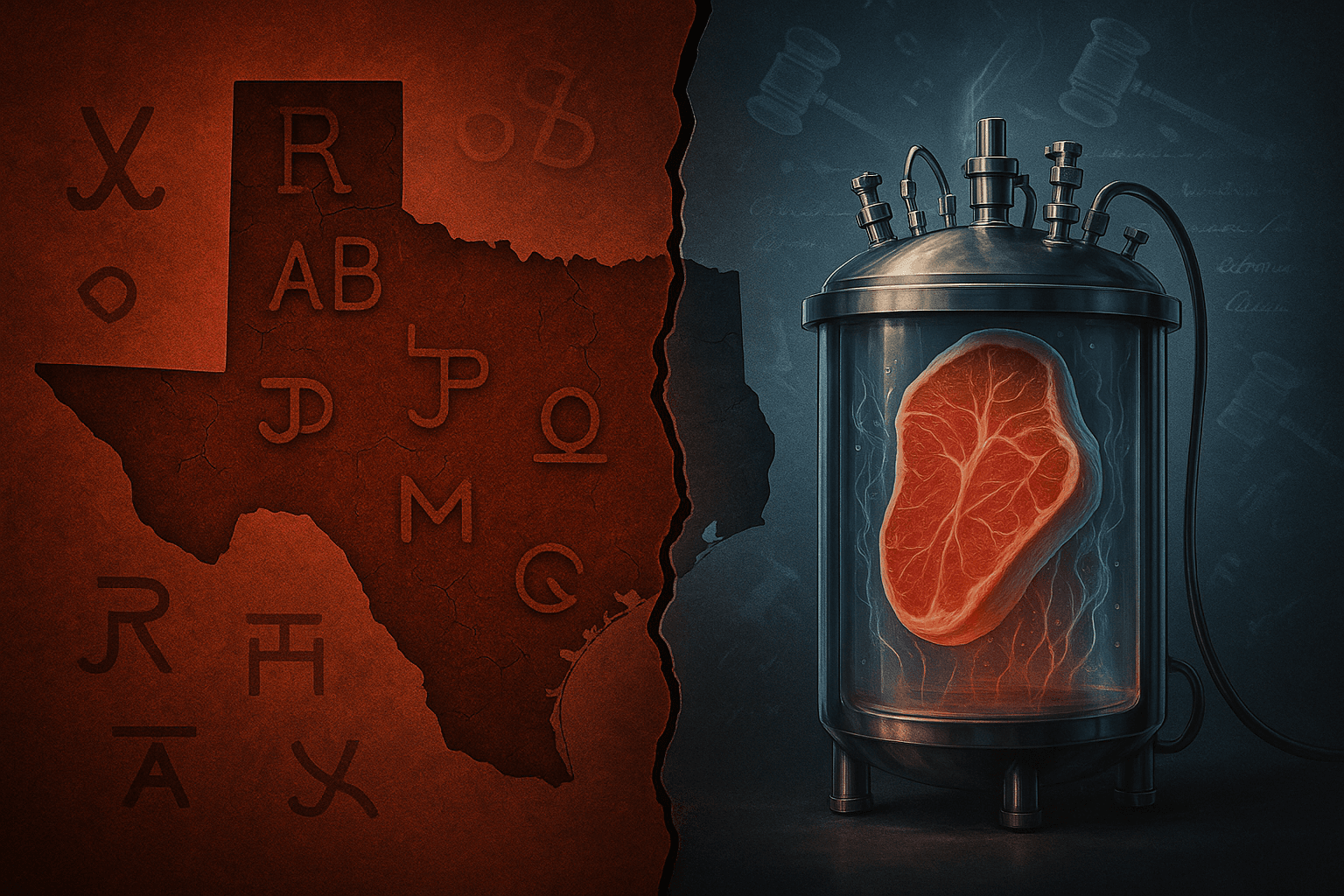VectorY Therapeutics, a biotechnology company based in Amsterdam, Netherlands, has secured $138 million (129 million euros) in a Series A financing round. This significant investment will propel the development of treatments for neurodegenerative diseases, with a primary focus on Amyotrophic Lateral Sclerosis (ALS). The funding round was co-led by venture capital firms Forbion and EQT Life Sciences, marking one of the largest private biotech financings in Europe this year.
Table of Contents
ToggleCompany Background
Founding Details: VectorY Therapeutics was founded in 2020 by Forbion and Sander van Deventer, leveraging Forbion’s extensive experience in life sciences investment. Van Deventer, a renowned researcher in antibody and gene therapy, plays a crucial role as the company’s CEO and Chief Technology Officer.
Location: VectorY Therapeutics is headquartered in Amsterdam, Netherlands, operating from the Science Park Matrix Innovation Center.
Mission: The company aims to extend and improve the lives of patients with neurodegenerative diseases through the development of innovative vectorized antibody therapies. Their platform combines therapeutic antibodies with adeno-associated virus (AAV)-based delivery, enabling precise and durable treatments for conditions like ALS and Huntington’s disease.
Key Investors: The Series A financing included contributions from notable investors such as MRL Ventures Fund (the venture arm of Merck & Co.), Insight Partners, BioGeneration Ventures (BGV), and the ALS Investment Fund. This diverse group of backers underscores the broad confidence in VectorY’s pioneering approach and potential to deliver groundbreaking therapies for neurodegenerative diseases.
By structuring the article with this detailed and organized approach, you provide a comprehensive view of VectorY Therapeutics’ recent funding success, its foundational background, and the strategic significance of its mission and technological innovations.
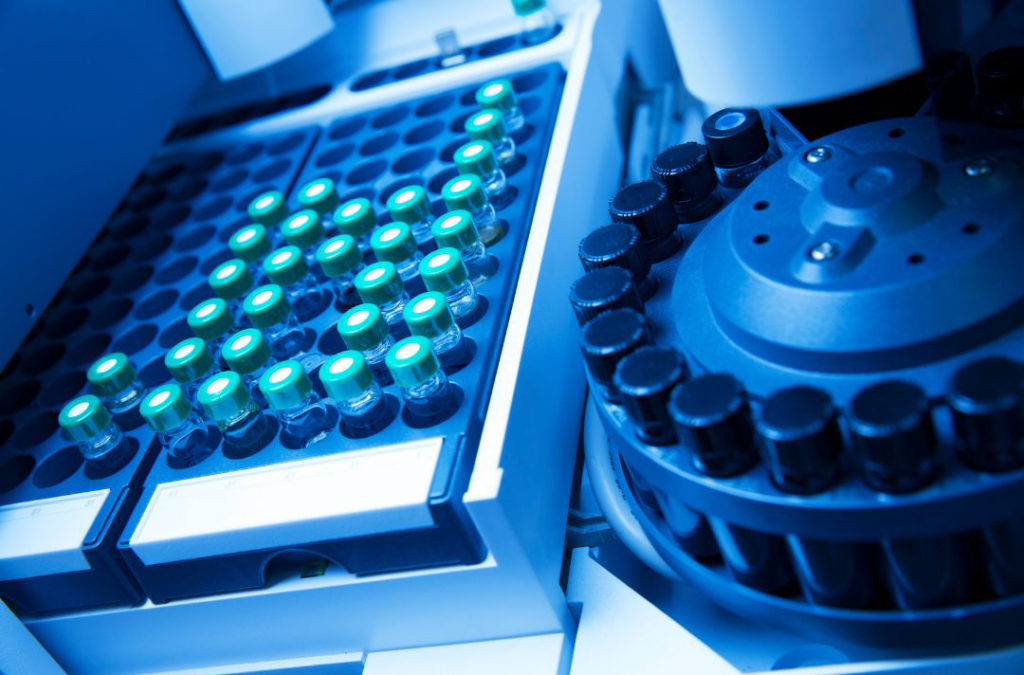
Funding Details
Amount Raised: VectorY Therapeutics secured $138 million (129 million euros) in its Series A financing round, marking one of the largest private biotech financings in Europe for 2023.
Investors: The financing was co-led by Forbion and EQT Life Sciences, with additional participation from investors such as MRL Ventures Fund (Merck & Co’s venture arm), Insight Partners, ALS Investment Fund, Forbion Ventures, and BioGeneration Ventures. The diverse investor base underscores broad confidence in VectorY’s innovative approach and potential to develop groundbreaking therapies for neurodegenerative diseases.
Significance: This substantial investment reflects the high level of interest and belief in VectorY’s potential to make significant strides in the treatment of ALS and other neurodegenerative diseases. The funding will primarily support the clinical development of VTx-002, VectorY’s lead program, and accelerate the advancement of their vectorized antibody platform.
Use of Funds
Primary Program: The primary focus of the funds will be the clinical development of VTx-002. This lead program targets TDP-43 protein aggregates, which are implicated in ALS. VTx-002 aims to clear these toxic aggregates from neuronal cells, thereby restoring the essential functions of TDP-43 in the nucleus and potentially altering the progression of the disease.
Other Programs: In addition to VTx-002, the financing will support the development of other pipeline programs targeting various neurodegenerative diseases. These include treatments for conditions characterized by proteinopathies, such as Huntington’s and Parkinson’s diseases. The funds will also enhance VectorY’s vectorized antibody platform, which combines therapeutic antibodies with AAV-based delivery systems.
Technology and Innovation
Vectorized Antibodies: VectorY’s technology revolves around vectorized antibodies, which are designed to deliver genetic instructions for antibody production directly into brain cells. This method uses adeno-associated virus (AAV) vectors to cross the blood-brain barrier, enabling the production of therapeutic antibodies within the central nervous system (CNS). This approach ensures higher concentrations of the therapeutic agents at the target sites, which is often a challenge with traditional antibody therapies.
Platform and Approach: The company’s platform is unique in its combination of therapeutic antibodies and one-time AAV-based delivery. This method not only targets the underlying pathology of diseases like ALS but also provides a durable response, potentially requiring only a single administration. VectorY’s approach aims to overcome the limitations of current treatments, which often offer only modest benefits and require frequent administration.
By using this structured approach, you provide a comprehensive view of VectorY Therapeutics’ recent funding success, its strategic use of funds, and the innovative technology that underpins its mission to transform the treatment of neurodegenerative diseases.
Market and Impact
Current ALS Treatments: ALS remains a challenging condition to treat, with limited options available. The FDA has approved six drugs to manage ALS symptoms: Qalsody, Radicava, Rilutek, Tiglutik, Exservan, and Nuedexta. These treatments provide modest benefits, often only slowing disease progression by a few months. For instance, Rilutek (riluzole) was the first drug approved in 1995 and prolongs life by approximately three months by inhibiting glutamate release.
Emerging Therapies: Recent approvals have brought new hope. Tofersen, an antisense oligonucleotide, targets SOD1 gene mutations and was approved under the FDA’s accelerated approval pathway. This therapy highlights the potential of antisense technology for treating genetic forms of ALS.
Additionally, experimental treatments like NurOwn, a cell-based therapy, are being tested in advanced clinical trials to determine their efficacy in slowing ALS progression.
Limitations and Challenges: Despite these advancements, the current treatments do not stop or reverse ALS progression and often provide only incremental improvements. This underscores the urgent need for innovative approaches like VectorY’s vectorized antibody therapies, which promise to offer more substantial benefits by directly targeting disease mechanisms.
Leadership and Vision
Key Figures: VectorY Therapeutics is led by CEO Sander van Deventer, a pioneer in gene and antibody therapies. His extensive experience and vision are instrumental in guiding VectorY’s mission to develop transformative treatments for neurodegenerative diseases.
Mission and Goals: VectorY aims to extend and improve the lives of patients with neurodegenerative diseases through innovative vectorized antibody treatments. Their approach focuses on using AAV vectors to deliver therapeutic antibodies directly to brain cells, providing a durable response with potentially a single administration. This strategy not only targets ALS but also other proteinopathies like Huntington’s and Parkinson’s diseases.
Conclusion
Future Prospects: VectorY Therapeutics is well-positioned for significant advancements in the field of neurodegenerative disease treatment. With its recent $138 million Series A funding, the company plans to propel its lead program, VTx-002, into clinical trials by early 2025. This program targets the misfolded TDP-43 protein in ALS patients, a major factor in disease progression.
Strategic Developments: VectorY is gearing up for a pre-IND meeting with the FDA, aiming to secure approval to start clinical trials. The company is leveraging its innovative vectorized antibody platform, which combines precise therapeutic antibodies with AAV-based delivery, to offer potentially transformative treatments for ALS and other neurodegenerative diseases like Huntington’s and Parkinson’s.
Investor Confidence: The substantial financial backing from prominent investors like Forbion, EQT Life Sciences, Merck’s MRL Ventures Fund, Insight Partners, and the ALS Investment Fund underscores strong confidence in VectorY’s technology and its potential to bring groundbreaking therapies to market. This support will enable VectorY to reach significant milestones, including clinical trials and further development of its pipeline programs.
Long-Term Vision: VectorY aims to extend and improve the lives of patients with neurodegenerative diseases. Their innovative approach, combining antibody and gene therapy technologies, promises to overcome current therapeutic limitations, offering more effective and durable treatments. As the company advances its clinical programs, it is poised to make substantial contributions to the field of neurodegenerative disease treatment, addressing critical unmet needs and enhancing patient outcomes.
In summary, VectorY Therapeutics is on a promising path towards developing cutting-edge therapies for debilitating neurodegenerative diseases, driven by strong financial support, innovative technology, and a dedicated leadership team. The future looks bright for VectorY as it continues to push the boundaries of medical science to improve the lives of those affected by these challenging conditions.







